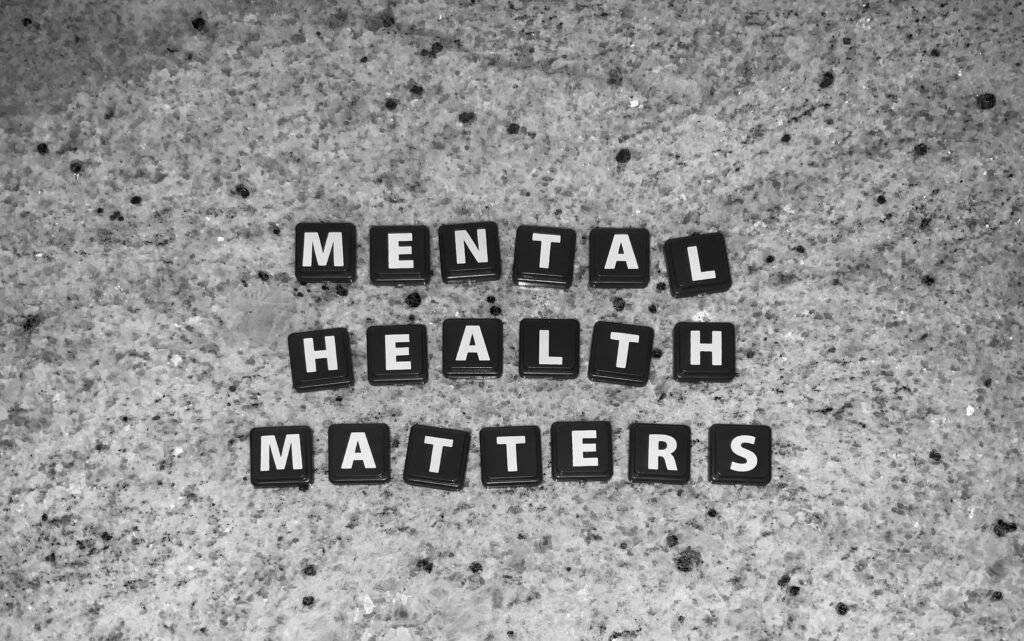According to the American Psychological Association, over 60% of college students suffer from at least one mental health problem during their school years. College students today are navigating a wide array of challenges, from academics and relationships to social justice and mass violence.
In other words, it is becoming increasingly important for students to be aware of their mental health and take necessary steps to maintain their well-being. This article offers a few tips on how students can keep their mental health in check.
Manage Coursework Effectively
One of the most common stress-inducing factors among students is the workload. Students have to complete multiple assignments, prepare for exams, and even find time to do a part-time job. Needless to say, it can be very challenging to keep up with such a schedule.
However, students often try to do everything by themselves – thus adding more pressure. Instead, you can look for ways to find help. For instance, by simply searching for “write my papers,” you will come across multiple platforms that can help with term papers, research, and more. There are also dozens of student apps available these days. These can guide you with studying, time management, and organization. These tools can be extremely valuable in getting your life in order and relieving part of the stress.
Exercise Regularly
Exercise has been shown to have a positive impact on mental health in a number of ways. For instance, exercise is known to reduce the levels of stress hormones such as cortisol in the body, which can help relieve symptoms of anxiety and depression. Furthermore, exercise can also release endorphins, which are the body’s natural mood-boosting chemicals.
Students should aim for at least 30 minutes of moderate exercises, such as brisk walking, most days of the week. Building a healthy exercise routine can play a significant role in improving the mental health of students.
Get Enough Sleep
When you are a student, staying up at night might be something that you do on an everyday basis – whether it is for social events or for studying. However, sufficient sleep is necessary to regulate mood, improve concentration and memory, and reduce stress.
Sleep also helps to maintain a healthy immune system, which can help reduce the risk of mental health issues. Research has shown that students who don’t get enough sleep are more likely to experience depression, anxiety, and other mental health problems.
Therefore, we strongly urge students to aim for 7-9 hours of sleep each night.
Eat a Healthy Diet
A healthy diet routine goes hand in hand with sufficient sleep and daily exercise. Deficiency of vitamin D and anemia can all cause fatigue, which can then lead to signs of depression and stress.
If you are already struggling with mental health issues or signs of depression, such as fatigue, it would be a good idea to take a blood test to know whether you have any deficiencies. Eating a diet that is rich in fruits, vegetables, whole grains, and lean protein can help improve mood and reduce stress.
Practice Mindfulness
Well, the word mindfulness has been thrown around a lot and almost lost its meaning. It simply means that we should be more present at the moment, focusing on what we are doing rather than being preoccupied with other thoughts.
Of course, you might not be able to do this throughout the day. Instead, you can take on mindfulness practices, such as meditation or yoga, which can help reduce stress and improve mental well-being. Sometimes, journaling can also help students offload stress. It is best to find something that you enjoy instead of forcing yourself to like an activity.
Connect With Others
When moving to college, students separate themselves from their familiar world. This can have an impact on mental health, especially if you are unable to make friends right away.
Spending time with friends and family or engaging in social activities can help improve mood and reduce feelings of isolation.
Take Breaks and Engage in Leisure Activities
Make time for leisure activities that you enjoy. For some people, this might be reading or playing a musical instrument; for others, it might be going out with friends or engaging in a hobby.
Doing something that you enjoy can help release endorphins, very much like exercise. That being said, we don’t mean Netflix and chill – because that’s something you might already be doing. In fact, there are studies that indicate that binge-watching is an antecedent of stress, loneliness, insomnia, depression, and anxiety.
Practice Self-care
Take care of yourself by engaging in activities that promote physical and mental well-being, such as getting regular medical check-ups, taking a relaxing bath, doing skin care, or practicing relaxation techniques.
Self-care is a combination of all the points we listed above, including exercising, eating right, meditating, journaling, and engaging in meaningful hobbies. By practicing self-care, you will be able to prioritize yourself, establish healthy boundaries, and build resilience.
Consequently, self-care can help students to gain perspective, stay in touch with their emotions, and develop better relationships with themselves and others.
Seek Support
If you’re feeling overwhelmed or struggling with mental health issues, don’t hesitate to reach out to a mental health professional, a trusted friend or family member, or a support group. It is also necessary to seek help when needed – whether it is to help complete a stressful assignment or build a healthy diet routine.
These days, most colleges will have dedicated counselors who can help students with such issues. There are also other resources for you to try out. As we noted above, students can now access some of the best essay writing services via the internet, which can help reduce the workload. It is also possible to receive counseling online without even having to step outside of your room.
It’s important to remember that seeking help is a sign of strength, not weakness. If you’re struggling with your mental health, don’t hesitate to reach out to a mental health professional for support.








